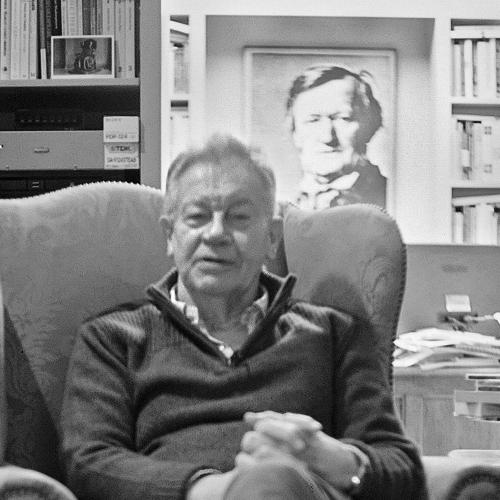COMPOSERS: Schubert
LABELS: Deutsche Grammophon
ALBUM TITLE: Schubert: Complete Piano Sonatas
WORKS: Complete Piano Sonatas
PERFORMER: Daniel Barenboim (piano)
Daniel Barenboim’s career, either on concert platform or on disc, though he has recorded some of the symphonies, Winterreise twice with distinguished soloists, and a very few of the piano works. Now, at the age of 71, he seems to be making up for the omission by recording all the completed sonatas in one go, now available at a bargain price. He has a couple of cryptic remarks to make, quoted in the booklet, but is less expansive about them than he usually is about the music he is performing.
The early piano sonatas are difficult to make consistently interesting, and not all that many pianists try, though Wilhelm Kempff made a memorable recording of all of them. From the unevenness of the finished works, and the very large number of abandoned ones, it is clear that Schubert had trouble with organising his material, as he did in all forms except song, which are normally quite short and have a text to give the music form. It was also true of deciding what the material should be which was to be developed, with the formidable examples of Haydn, Mozart and above all the terrifying Beethoven before him. The result tends to be over-ambitious, with a lot of storming to no particular purpose. Slow movements and minuets or scherzos fare best, yet Barenboim sounds, all too often, as if he is impatient with them; if you compare his accounts with, say, Sviatoslav Richter’s, you can hear how much more rewarding they can be. The first two discs make heavy going.
When it comes to the mature works, however, which account for exactly half this set, standards improve dramatically. The D major Sonata, D850, can often seem too explosive, but Barenboim gives as convincing an account of it as I’ve heard. He is even finer in the Sonata in G major, the most lyrical of them all. The gold standard here is again Richter, if you have plenty of time. Barenboim, bringing out its closeness to the first movement of Beethoven’s Fourth Concerto, is straightforward and plays with gorgeous tone.
In the last three sonatas, one of music’s greatest peaks, he gives compelling accounts of the C minor and A major works, but indulges in a certain amount of unspontaneous-sounding displacement of accents and exaggerated slowings up in the B flat Sonata, music to be lived with for a lifetime. There is noble music-making here, but it is less consistent than we expect from this great artist. Michael Tanner
